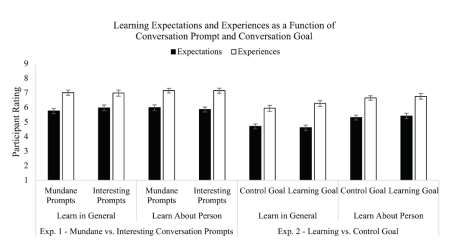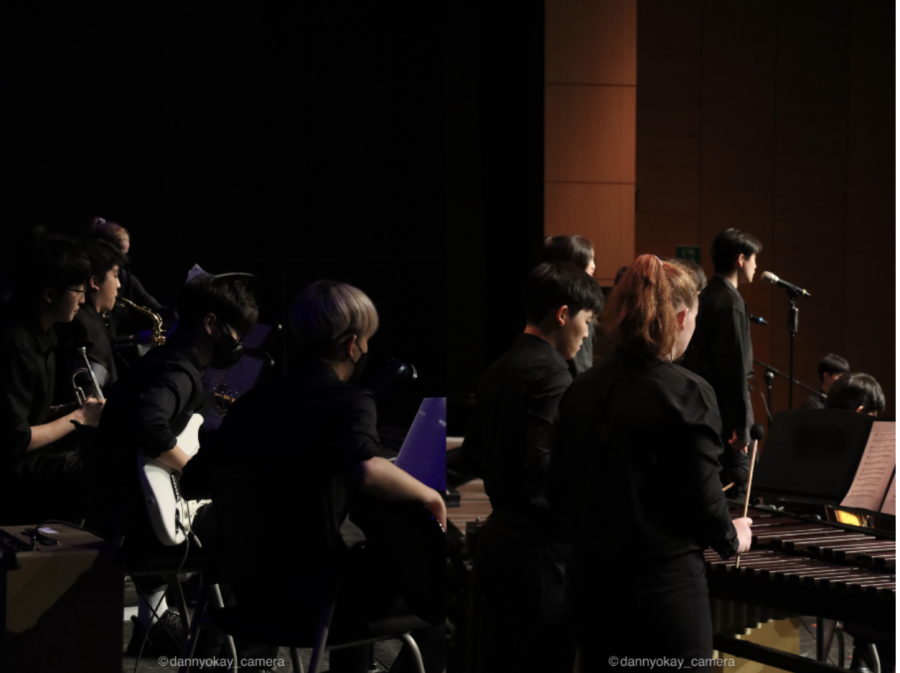Talking to Strangers
For the modern populace, conversing with strangers is unorthodox behavior. Safety, prejudice, and social anxiety often act as preventive measures, hindering many from forming supplementary societal connections. People often diagnose and vocalize their innate apprehension as no more than apathy, for they have a plausible premise for doing so. Arguments such as personal boundaries and cultural differences seem reasonable, though the reality is that such anxiety is caused by fear and social conditioning.
Modernity is also viewed as one of the main causes of antipathy towards social interaction. Technology impacts certain parts of our lives by indirectly removing our fondness for natural, intuitive conversation. Headphones and cell phones are a few obvious examples. However, there are also other reasons – low expectations, fear of rejection, safety precautions, and more – that are hidden under the surface, which have actually elicited reactions greater than expected.
As noted by Ron Meyers, an opinion columnist for the New York Times, the “television in generations past, and even air-conditioning, which kept people inside, rather than chatting out on the front stoop” can be considered as the genesis of change in culture. Overall, due to the myriad of reasons relayed above, people grew overly guarded and even antagonistic toward the prospect of conversing with new individuals. Data corroborates the public’s somewhat excessive misgivings towards their fellow human beings.

[Figure 1; Participant rating on expectation and experience of social interaction]
Due to humans’ aversion towards unfamiliar exchanges, ratings of expectational and substantial transactions differ. As shown in figure 1, though expectations of conversations with strangers ranges only from 5~6, experiences average at a 7. Considering that both were rated at a 1~9 scale, this 1 unit difference is a significant. The data illustrates that only 7 percent of people talk to one another in a waiting room, and only 24 percent do so while on a train.
Nicolas Epley, a behavioral scientist from the University of Chicago, found it extremely odd as humans are social beings, and the fact that modern people view social interactions from a negative antisocial perspective is quite contradictory. After conducting his research, Epley labeled this specific type of avoidance and anxiety as ‘undersociality’. As suggested by its name, undersociality refers to the underestimation of relevant social components such as the transaction’s enjoyability, appreciation, and response.
So what exactly are the benefits of talking to strangers?
Foremost, as shown prior, our current perception regarding this deed is inaccurate. Society’s systematic misperception elucidates the experience of talking to a stranger as more knowledgeable and enjoyable compared to its expectation. Beyond this, there are also practical benefits such as gaining supplementary opportunities to engage one’s social skills, broaden one’s perspective, reduce prejudice, and boost one’s mental disposition. Talking to a stranger – while maintaining rational judgment – could evoke all these benefits to the conversationalists.

My name is Clair Park, and I'm a sophomore attending Chadwick International. I'm one of the columnists in CI Waves, and this is my first year trying out...















